

From left, New leader of the Japanese Liberal Democratic Party, Sanae Takaichi, Papua New Guinea Prime Minister James Marape, and Australian Prime Minister Anthony Albanese.
Photo/Prime Minister's Office, Japan/US Department of Defense/Australian Labor Party
Shifting Strategies: Japanese diplomacy grows as PNG, Australia sign defence agreement
As China’s influence increases across the region, countries like Japan, Australia, and Papua New Guinea are reshaping their policies to respond.



Law expert: US boat strike controversy a lesson for the Pacific
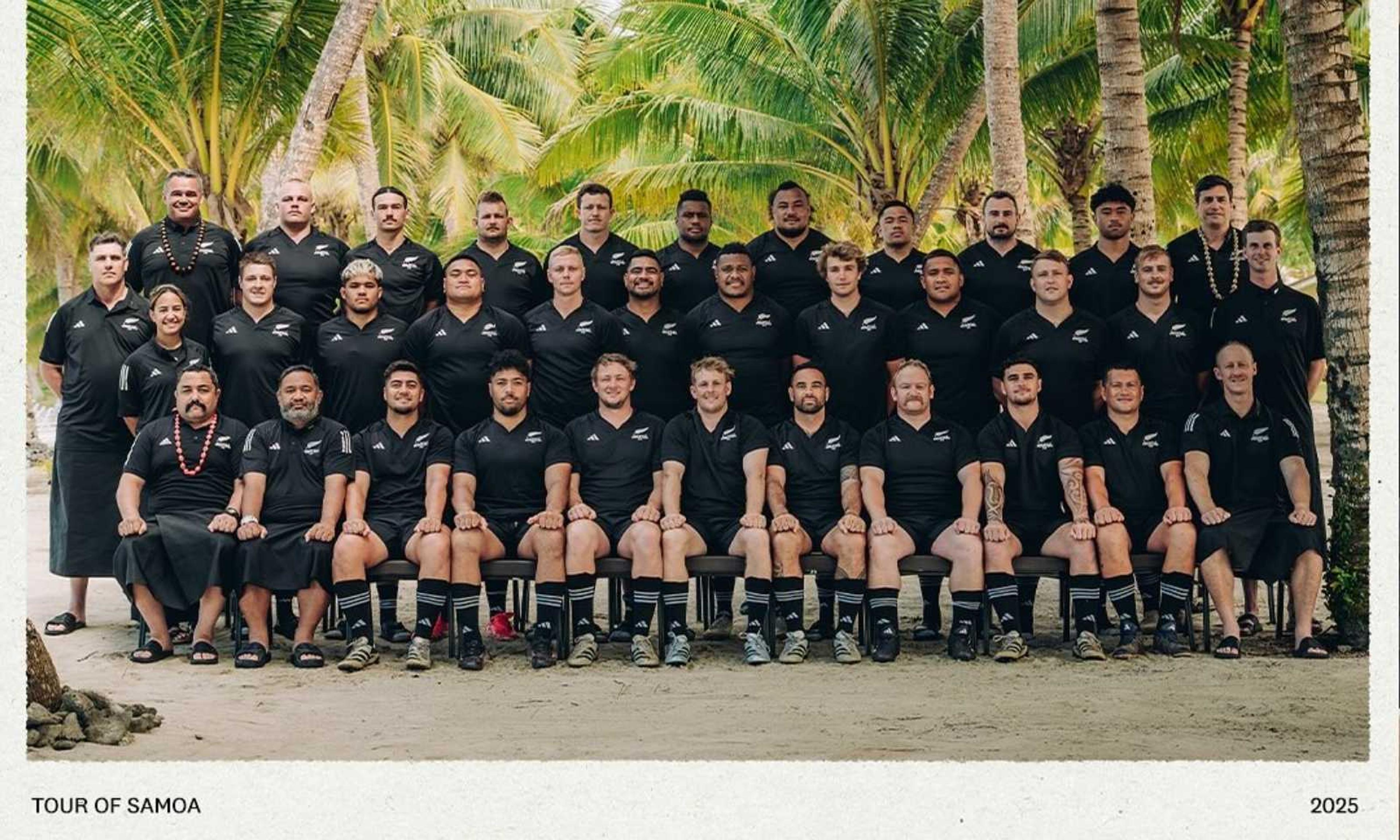
Heartland XV coach reflects on emotional return to Sāmoa
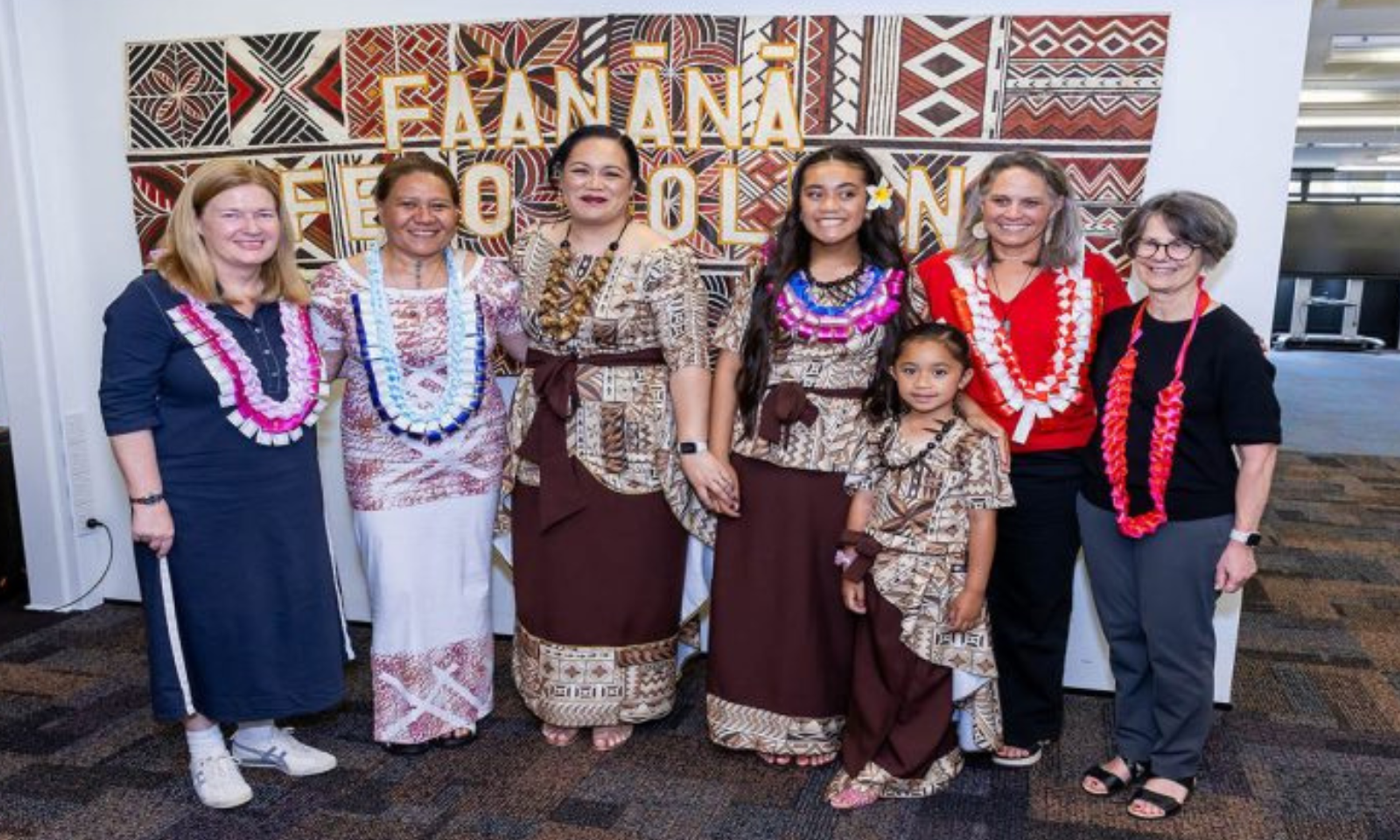



Law expert: US boat strike controversy a lesson for the Pacific

Heartland XV coach reflects on emotional return to Sāmoa

The Pacific and Asian regions are becoming increasingly important in global politics and security, as countries like Papua New Guinea (PNG), Australia, and Japan adjust their strategies to address concerns about China’s growing influence.
PNG Prime Minister James Marape and his Australian counterpart, Anthony Albanese, recently signed a mutual defence treaty in Canberra.
Marape told reporters this week that the agreement aims to provide both countries with a framework for cooperation and mutual support in case of conflict. He says the treaty reflects their shared history and close geographic proximity.
New Zealand has its own security and defence agreements with several Pacific nations, including a Status of Forces Agreement (SOFA) with Fiji, which both countries signed in 2023 for closer military cooperation on training and maritime security.
New Zealand also has a defence relationship with PNG. Through the Pacific Islands Forum Fisheries Agency (FFA), Aotearoa participates in cooperative efforts for maritime security and disaster response with other regional nations.
Japan’s government, meanwhile, has focused its foreign policy on promoting a Free and Open Indo-Pacific (FOIP) since 2016, a vision put forward by the former Prime Minister, Shinzo Abe.
Since Abe’s death in 2022, Sanae Takaichi has become a key figure in Japanese politics. She recently won a leadership race to head Japan's ruling Liberal Democratic Party (LDP), making it likely that she will become Japan's first female prime minister.
Takaichi, 64, defeated close contender Shinjiro Koizumi, 44, in a runoff vote last weekend. The election was triggered by current Prime Minister Shigeru Ishiba’s announcement in September that he would step down in the face of two humiliating defeats for the LDP in national elections under his watch.
It remains to be seen if Takaichi will continue to visit the contentious Yasukuni Shrine, where 14 Class-A war criminals are memorialised, if she becomes prime minister. China and South Korea view the shrine as a symbol of Japan’s wartime militarism. Experts believe her victory might influence investor confidence in Japan's economy, and her nationalist views could lead to more tensions with China.
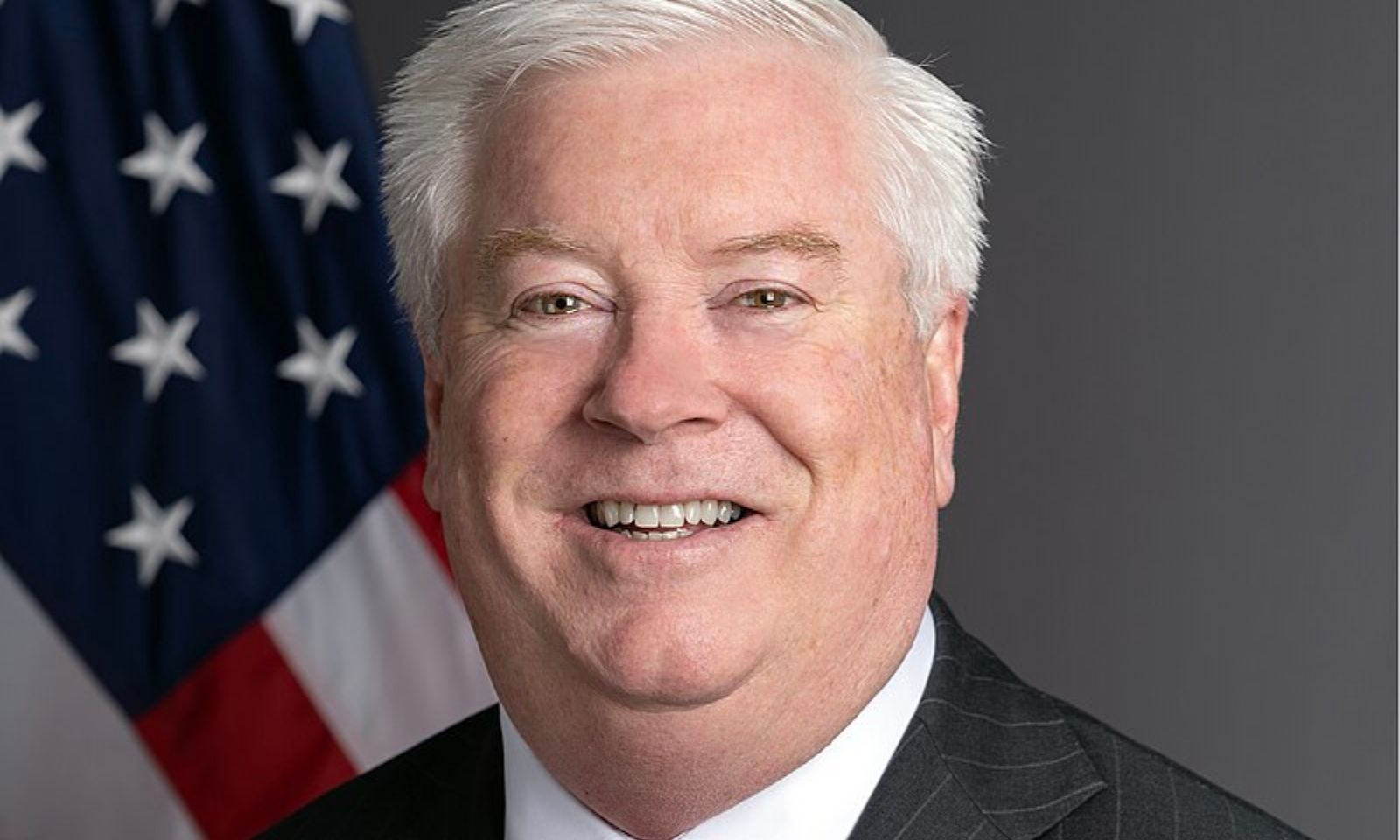
US Ambassador to Japan, George Glass, has congratulated Sanae Takaichi. Photo/US Embassy, Japan
Japan’s allies have praised her win, including US Ambassador George Glass, who congratulated Takaichi on X that he looks forward to strengthening ties between Japan and the United States.
The FOIP initiative aims to uphold the rule of law, freedom of navigation, and partnerships in the region. But Japan’s approach has shifted in recent years to include more cooperation with developing nations while still maintaining its focus on a rules-based international system.
Japan’s concerns about security threats, especially from China, have fluctuated under different government administrations.
Under the previous Prime Minister, Fumio Kishida, the FOIP strategy became more adaptable, aligning Japan more closely with the US to counter Beijing’s influence in the region.
Analysts suggest that for the strategy to remain effective, Japan should continue to strengthen relationships with developing nations and seek dialogue with China instead of escalating tensions.
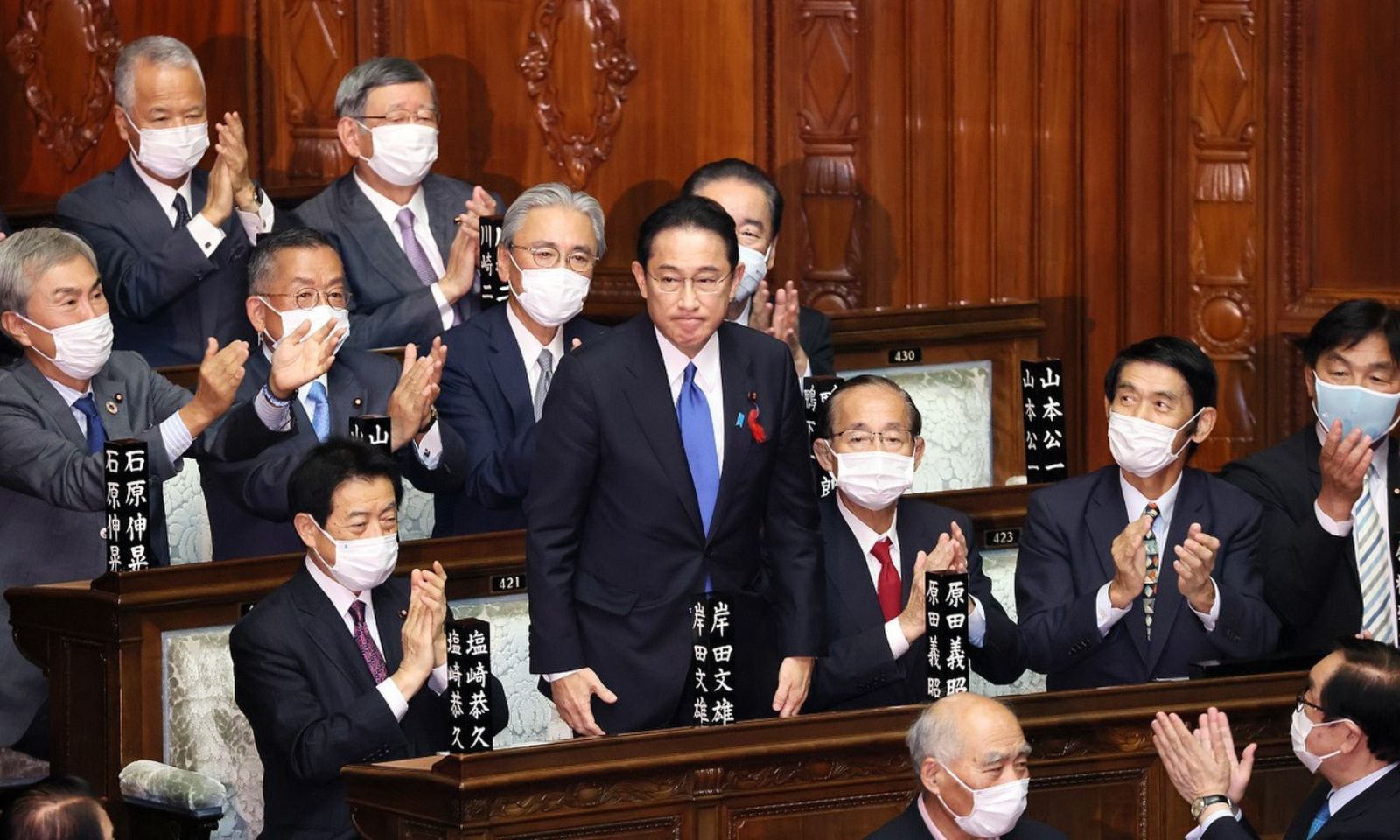
Under former Japanese premier Fumio Kishida, FOIP has aligned more closely with the US' efforts to balance China’s rising influence in the Indo-Pacific region. Photo/Prime Minister's Office, Japan
A new security alliance in the Pacific
In contrast to Japan’s focus on diplomacy, Australia’s response to concerns about China’s growing presence in the Pacific is reflected in the new military pact with PNG.
The new Pukpuk Treaty marks Australia's first major security alliance in more than 70 years. Named after the Tok Pisin word for “crocodile,” the agreement establishes mutual support if either country is attacked. The deal is seen as a direct response to concerns about China’s increasing influence, particularly after it reached a security pact in 2022 with the Solomon Islands.
Australia and its allies, including New Zealand and the US, have been concerned that Chinese military access to Pacific island nations could threaten key sea routes and undermine regional stability.
Under the Pukpuk Treaty, Australia plans to help modernise PNG’s military capabilities, which includes improving infrastructure and creating opportunities for up to 10,000 Papua New Guineans to join the Australian military.
While the support could help fill recruitment gaps for Australia, experts warn that it could unintentionally weaken PNG’s defence forces if not managed properly.
The treaty also allows the Australian military greater access to defence facilities in PNG, which experts argue could give Canberra a strategic advantage in monitoring movements across the Pacific while deterring unwanted military activity in the region.
Strategic geography and global relations
Papua New Guinea plays a crucial role in the Pacific region due to its location. It is just 2km away from Australia’s northern tip and shares a border with Indonesia.
This makes it an important link between the Pacific Ocean and Southeast Asia. Given its position along key shipping routes, any foreign military presence there could change the balance of power in the region.
Both the United States and Japan have noticed this strategic importance. In 2023, Washington formed security agreements with PNG, allowing American forces access to crucial sites and improving cooperation on issues like illegal fishing and human trafficking.
PNG faces the challenge of forging strong defence relationships, mainly with allies like Australia, while not upsetting China, which is an important economic partner.
Prime Minister Marape assures that a treaty with the US helps protect his country's sovereignty and allows PNG to maintain friendly ties with all nations.
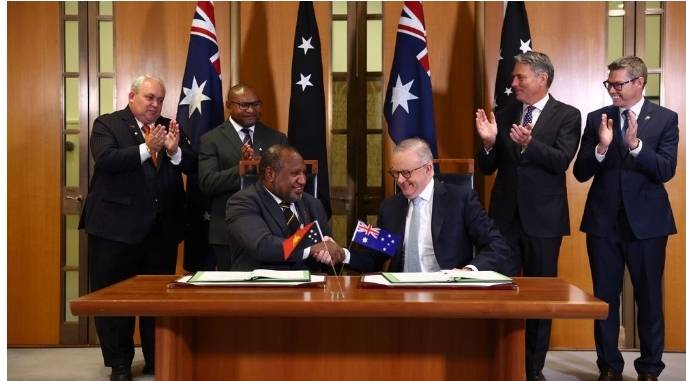
James Marape and Anthony Alabanese announce the signing of a historic Mutual Defence Treaty on Monday. Photo/PNG govt
A changing regional landscape
The evolving diplomatic strategies of Japan and Australia signal a broader shift in the Indo-Pacific region. As China increases its influence, many countries are adapting their approaches - some through diplomacy and others by strengthening their military capabilities.
For Japan, promoting international cooperation and encouraging developing nations to uphold shared rules and standards is important. For Australia and PNG, their new military alliance represents a united front to protect their region.
What’s clear is that the Pacific and Asia have become the centre stage for one of the most important shifts in global strategy in the 21st century.
Sanae Takaichi is expected to be officially announced as Prime Minister of Japan during a special session of the Diet (the Japanese parliament) on 15 October.
PMN News Senior Reporter Christine Rovoi is in Japan on an Association for Promotion of International Cooperation (APIC) Japan Journalism Fellowship. During her time there, she will engage in hands-on experiences to learn about Japan's culture and history, as well as how the country addresses challenges such as natural disasters, climate change, diplomacy, and sustainable living.